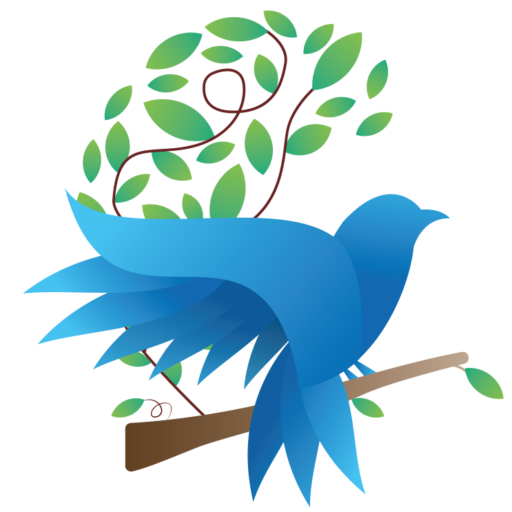Can Wild Birds Eat Peanut Butter?
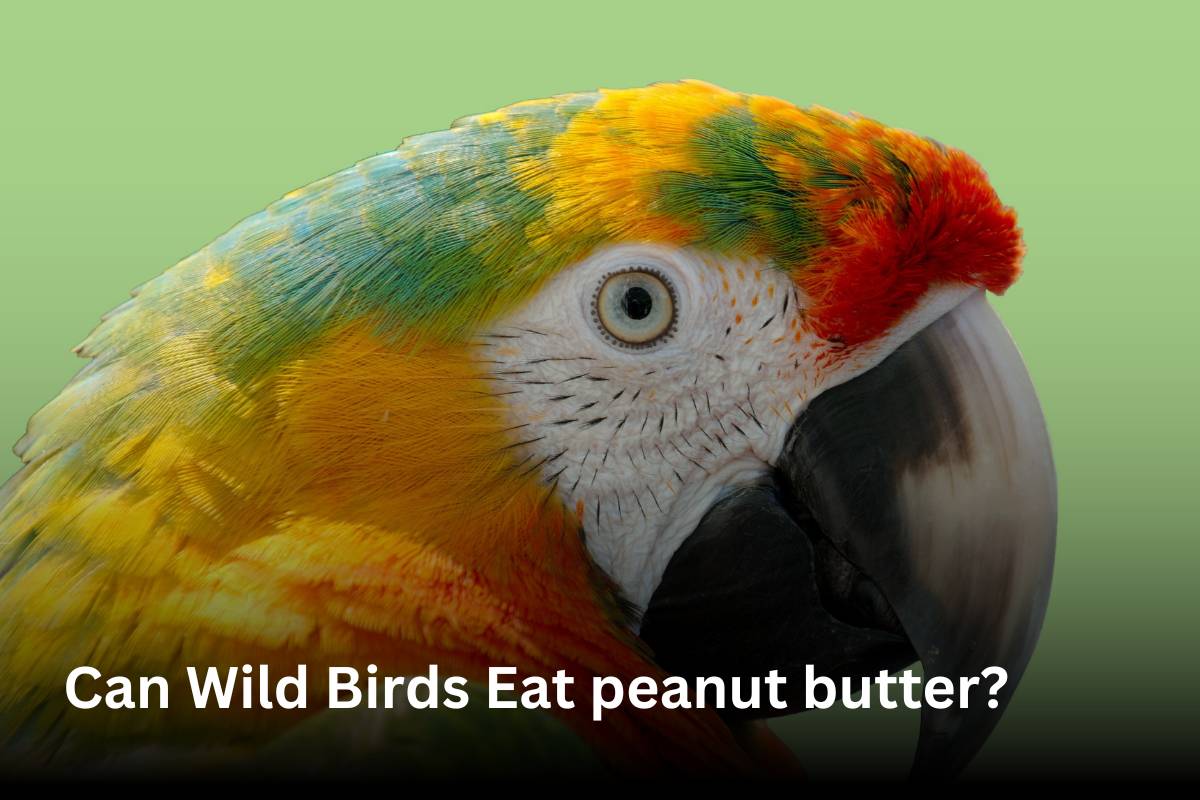
Peanut butter is a popular food item around the world, known for its rich, creamy texture and high protein content.
But have you ever wondered if our feathered friend in the wild can enjoy this tasty treat just like we do?
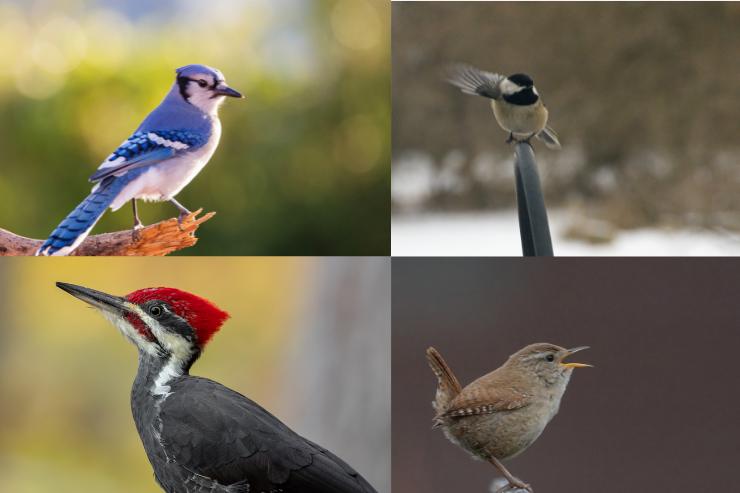
To know the answer, read this article, where we discuss the topic of Can Wild Birds Eat Peanut Butter, including its safety, nutritional benefits, potential risks, and alternative food options.
Let’s dive into the fascinating world of birds diets and peanut butter.
Can Wild Birds Eat Peanut Butter?
Yes, wild birds can eat peanut butter. It is a good source of healthy fats for them, particularly in the wintertime when they need to make their calorie count.
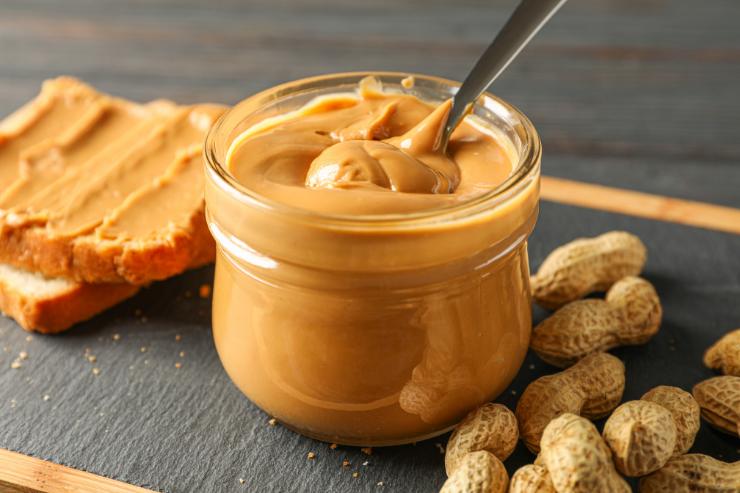
Peanut butter is a spread made from ground, roasted peanuts.
In the United States, the spread must contain at least 90% peanuts to be sold as peanut butter, the rest can be salt, sweetener, and other additives.
The Nutritional Value of Peanut Butter for Birds
Peanut butter is a great source of nutrition for birds. It contains healthy fats, iron potassium, calcium, and magnesium.
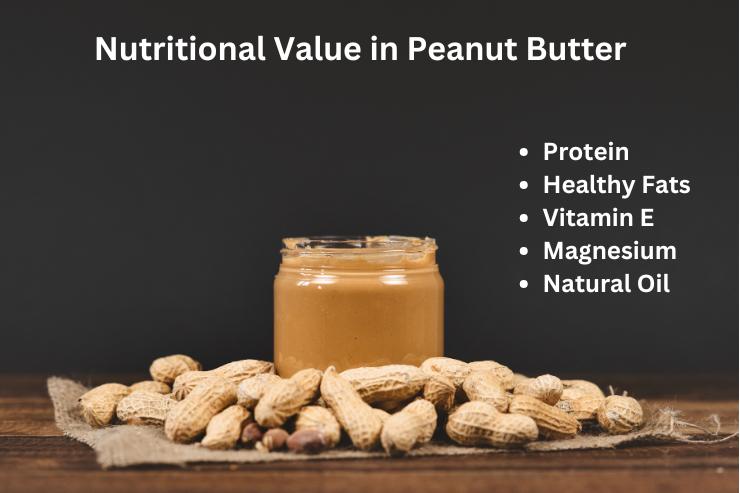
These nutrients are essential for their overall health and well-being. Here are some key nutritional values of peanut butter for birds:
- Protein: Peanut butter is an excellent source of protein, which is essential for birds, especially during the breeding season when they need extra energy.
- Healthy fats: It contains healthy fats that are important for the growth and development of feathers and overall health.
- Vitamins and Minerals: Peanut butter contains important vitamins and minerals, such as vitamin E and magnesium, which can support the immune system and keep birds healthy.
- Calories: peanut butter is a calorie-dense food, which is particularly beneficial during the winter when birds need to conserve energy to stay warm.
- Natural Oils: peanut butter contains natural oils that can help birds maintain healthy feathers and skin.
Risks of Feeding Peanut Butter to Wild Birds
Feeding peanut butter to wild birds can be a beneficial supplement to their diet, as it is rich in fats and proteins. However, there are some risks, which are explained below:
- Choking hazard: Peanut butter is sticky and can be difficult for birds to swallow, especially if it’s spread on something like bread or crackers. This can lead to choking, which can be fatal.
- Spoilage: If not consumed quickly, peanut butter can spoil, leading to bacterial growth that can be harmful to birds.
- Nutritional imbalance: Too much peanut butter and not enough natural foods can lead to deficiencies.
- Pest attraction: Strong scent and presence of peanut butter can attract rodents, bears, or other pests.
- Potential Allergies: Some birds may have allergic reactions to peanut butter, although this is less common.
- Dependency: Birds that are regularly fed peanut butter may become dependent on this unnatural food source. This can lead to a decline in their ability to forage for natural food and may make them more vulnerable to food shortages or changes in their environment.
Best Practices for Offering Peanut Butter to Wild Birds
To offer peanut butter to wild birds safely and effectively, consider the following best practices:
- Natural Peanut Butter: Use unsalted, unsweetened, and preferably organic peanut butter. Avoid brands with added sugars, salt, or artificial ingredients.
- Smooth Texture: Birds may have difficulty consuming chunky peanut butter, so opt for smooth varieties.
- Spread Thinly: Spread a thin layer of peanut butter on the feeder or in a tree crevice. This reduces the risk of birds getting too much peanut butter at once, which can be a choking hazard.
- Offer in moderation: peanut butter should be offered as an occasional treat and not as a primary food source. Birds need a varied diet to stay healthy.
- Consider the season: In colder months, when food is scarce, offering peanut butter can provide valuable energy for birds. However, in warmer months, it may spoil more quickly.
What kinds of Birds like to consume Peanut Butter?
Several bird species are known to enjoy consuming peanut butter, especially when it is offered correctly.
- Woodpeckers
- Chickadees
- Nuthatches
- Titmice
- Jays
- Wrens
Conclusion
Peanut butter is packed with nutrients that are great for birds, especially during the colder months when food is scarce.
However, it is crucial to use unsalted and unsweetened varieties, as salt and sugar can be harmful to birds.
Additionally, peanut butter should be mixed with cornmeal or oats in cold weather to prevent it from becoming too sticky.
Regular check for spoilage and cleaning of feeders are necessary to ensure the health and safety of the birds.
While peanut butter can be a great treat for birds, like all things, it should be offered in moderation.
With these precautions in mind, our feathered friend can safely enjoy this tasty treat.
FAQs About Feeding Peanut Butter to Wild Birds
Can all birds eat peanut butter?
Not all birds can safely eat peanut butter. Some species may have difficulty digesting it or may even be allergic to peanuts.
Is it safe to offer peanut butter year-round?
Yes, offering peanut butter to wild birds year-round is usually safe, but it is important to use unsalted, unsweetened varieties and avoid moldy or rancid products, as these can be harmful to birds.
How much peanut butter is too much for birds?
Feeding birds peanut butter 1–2 times per week is ideal. Too much can lead to obesity and other health issues.
What are some suitable alternatives to peanut butter for bird feeding?
Mealworms, suet, and sunflower seeds are sensational choices that give relative supporting benefits to peanut butter.
